Autonomous cars soon won't be a dream, but not everyone is convinced they will lead to safer roads and a lower road toll.
Look, no hands! Cars that can drive autonomously just took one giant step closer to reality: they're destined to be on Australian roads as early as next year.
German car maker Mercedes-Benz has unveiled the world's first mass-produced vehicle that can automatically speed up and change lanes to overtake a car after the driver presses a button -- and can be driven with hands off the steering wheel for extended periods of time, even on roads without lane markings.
It uses dozens of sensors including cameras and radar systems to "read" the traffic around it and determine when it is safe to overtake, and follows the direction of a road without lane markings providing there are other telltale signs such as other traffic.
As the new generation Mercedes-Benz E-Class sedan was unveiled in Detroit overnight there are renewed calls for caution regarding the rapid pace of autonomous car technology.
Police in Australia have repeatedly stated that, regardless of a vehicle's technology, the driver must maintain control at all times. Indeed, most states have a specific traffic offence "not maintain proper control of vehicle".
The new, automated Mercedes will be on US and European roads by the middle of this year but it is yet to get Australian government approval.
However, Mercedes-Benz believes approval will be a formality once the Department of Transport and Regional Services (DOTARS) tests the vehicle and the technology in the real world later this year.
"The government is being co-operative ... but they want to test it and see it for themselves," said the spokesman for Mercedes-Benz Australia, David McCarthy. "At the moment, our regulations are lagging behind the technology."
Autonomous cars won't be perfect, they will end up being safer than humans
Mercedes has had several models on sale in Australia for the past three years that can steer themselves for up to 12 seconds before the driver must regain control.
But the latest model with updated technology -- due on sale later this year priced from $80,000 -- extends the range and the conditions in which the driver could operate the car hands-free.
Mercedes is not the only brand inching forward with autonomous technology, with German rival Audi and US company Tesla also leading the charge.
But Tesla has discovered the technology is not quite ready yet.
Electric car maker Tesla has just restricted the autonomous controls of its latest model -- after introducing the option on top-end versions late last year -- following several "near misses" by customers testing the car without their hands on the wheel.
Meanwhile, the head of research and development at the world's biggest car maker, Toyota, says that while autonomous cars won't be perfect, they will end up being safer than humans.
"It's important not to get too hung up on these extraordinarily contrived rare cases where we have the mistaken belief that human beings actually solved the problem well," Gill Pratt, the head of technology at Toyota and a former university professor and Pentagon researcher, told US journal Automotive News.
"As part of this drastic reduction in fatalities and accidents, there are still going to be some cases where the car had no choice (to crash into another car), and it's important that we as a society come to understand that," Pratt told Automotive News.
"Unfortunately, our standards for machines are far higher. We expect perfection from them."



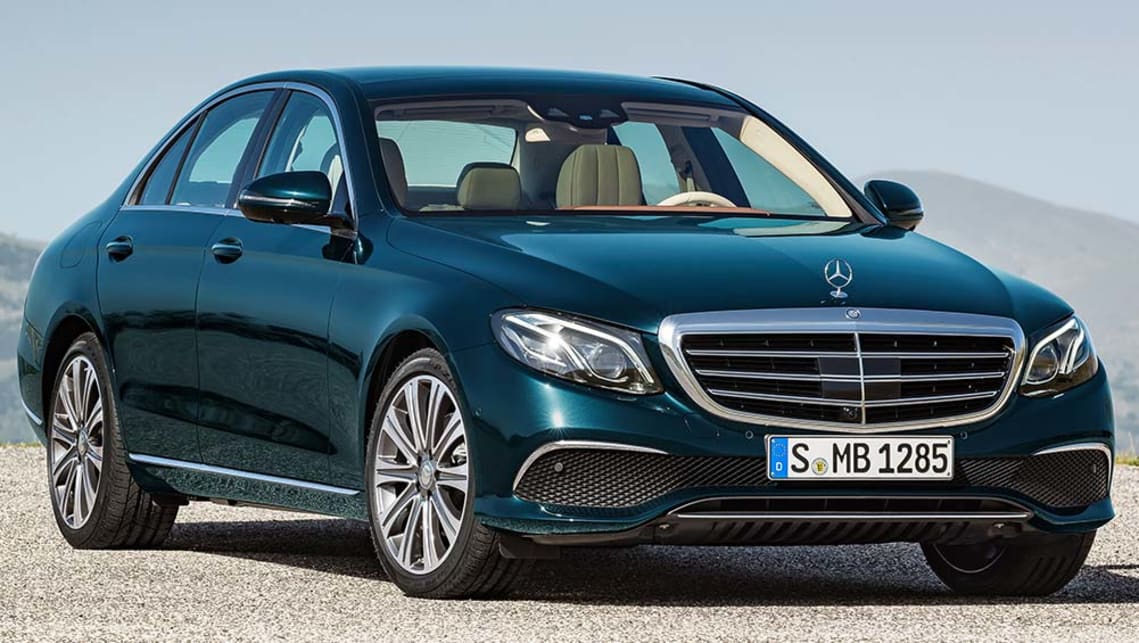
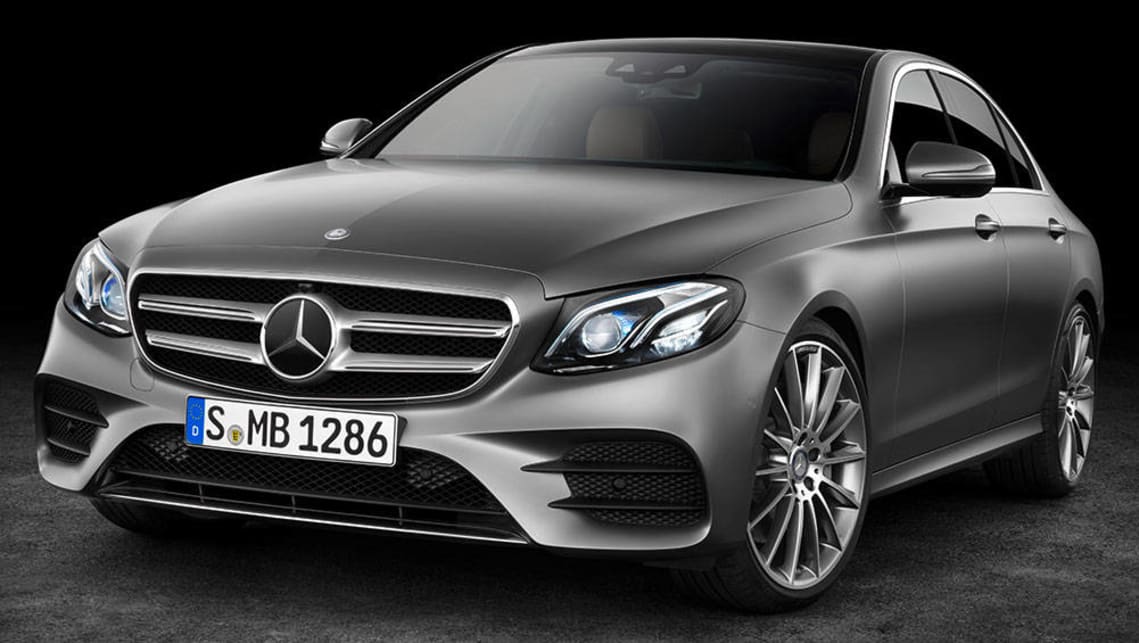
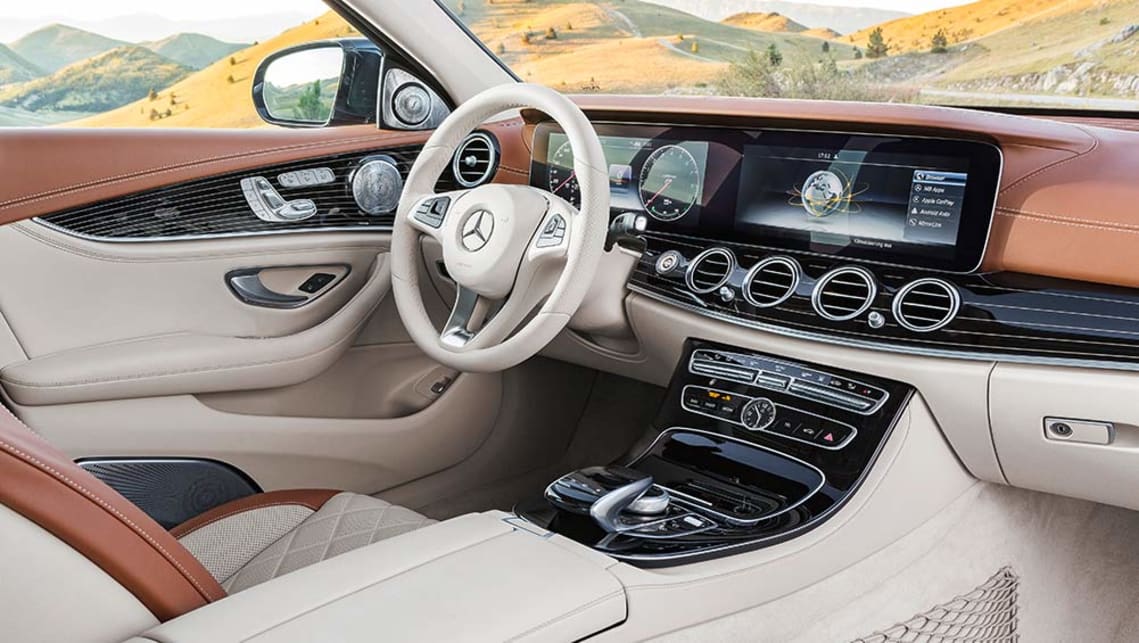
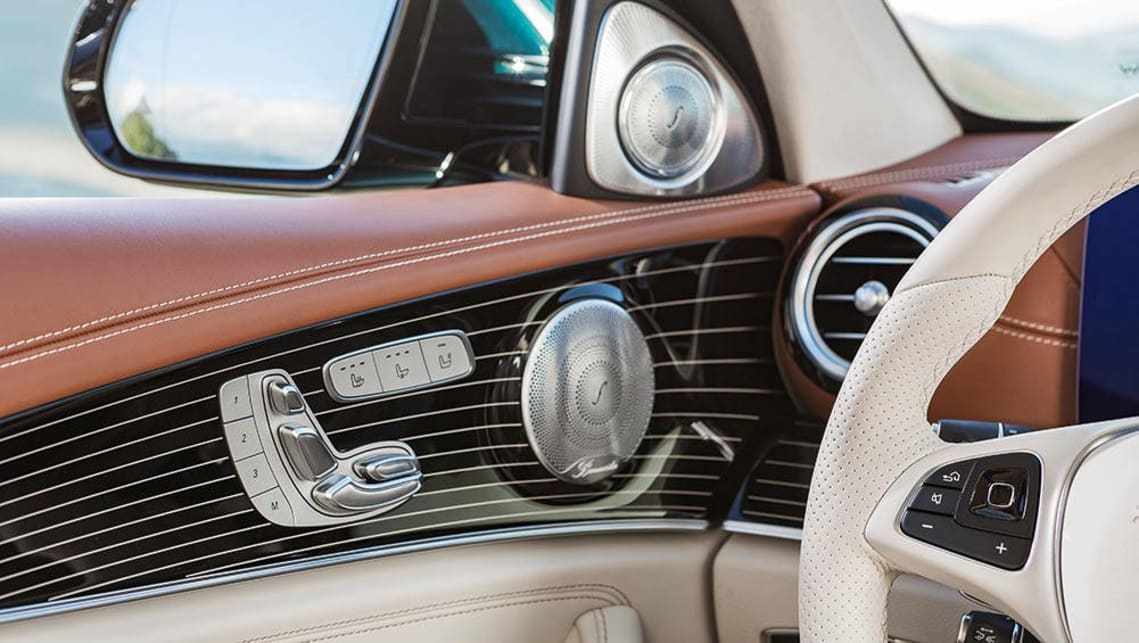
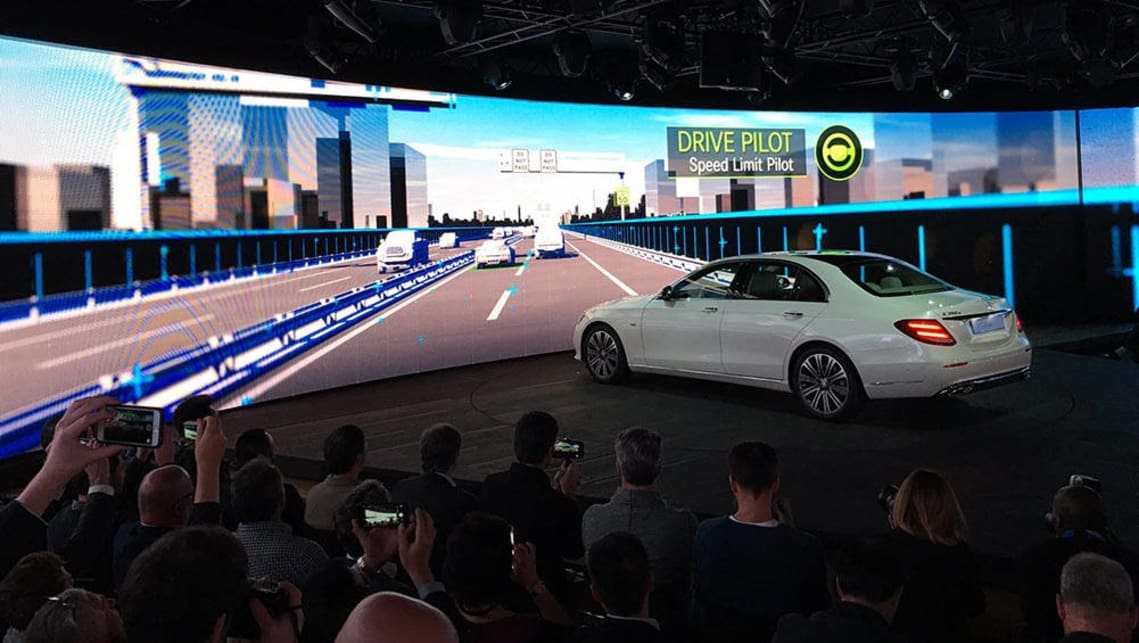







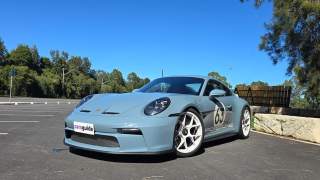



Comments